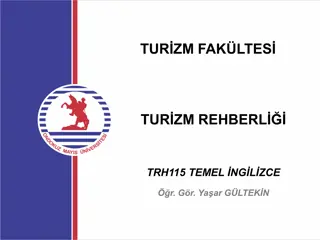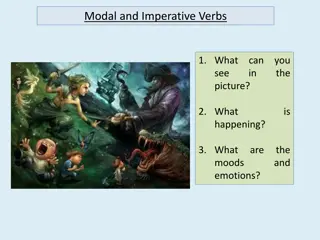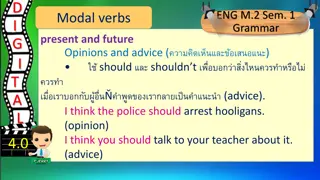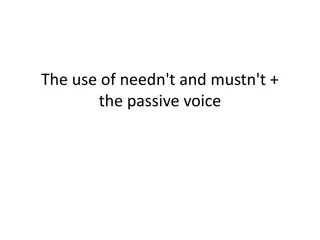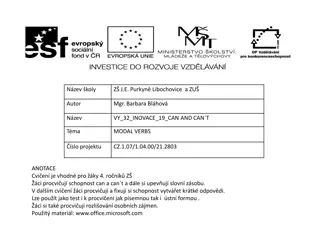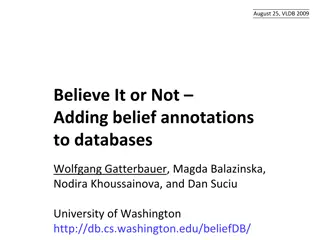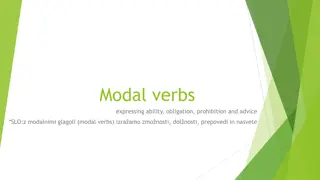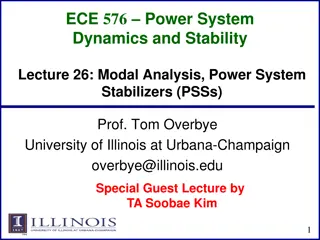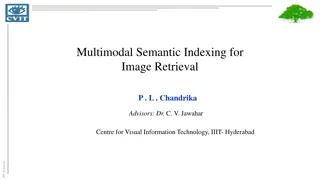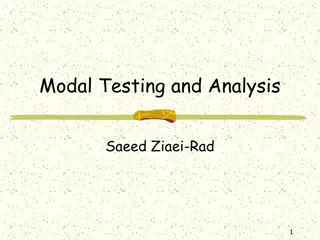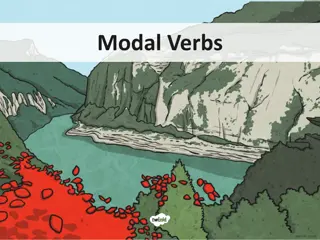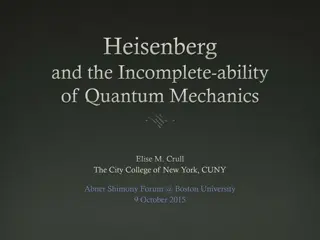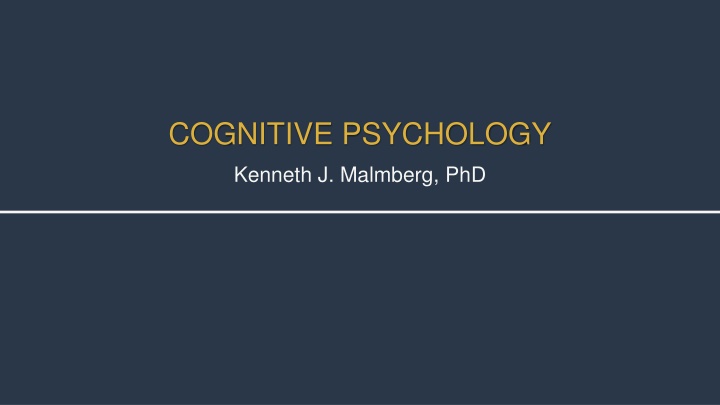
Cognitive Psychology and Memory Models
Dive deep into the world of cognitive psychology and memory models with a focus on the importance of memory, the modal model by Atkinson and Shiffrin, control processes in memory systems, and study guides to test your knowledge. Uncover the secrets of how memory works and why we remember or forget certain information.
Download Presentation

Please find below an Image/Link to download the presentation.
The content on the website is provided AS IS for your information and personal use only. It may not be sold, licensed, or shared on other websites without obtaining consent from the author. If you encounter any issues during the download, it is possible that the publisher has removed the file from their server.
You are allowed to download the files provided on this website for personal or commercial use, subject to the condition that they are used lawfully. All files are the property of their respective owners.
The content on the website is provided AS IS for your information and personal use only. It may not be sold, licensed, or shared on other websites without obtaining consent from the author.
E N D
Presentation Transcript
COGNITIVE PSYCHOLOGY Kenneth J. Malmberg, PhD
THE MODAL MODEL Kenneth J. Malmberg, PhD
Importance of Memory ! Everything in life is memory, save the thin edge of the present.- Michael Gazzaniga Psychology would be almost completely uninteresting and not worth studying if it were not for memory. ? How do we remember? MEMORY Why do we forget? How am I different from other people? Memory is the acquisition, representation, and retrieval of information. Why am I different from other people?
Modal? Atkinson & Shiffrin (1968)
The Modal Model: Structure The Modal Model - Atkinson & Shiffrin (1968) Structures: Invariant properties of memory 1. Sensory Memory: holds all incoming information for seconds or fractions of seconds 2. Short-term Memory (STM): limited capacity, holds information for 15-30 seconds 3. Long-term Memory (LTM): holds large amount of information perhaps permanently
The Modal Model: Control The Modal Model - Atkinson & Shiffrin (1968) Control Processes: Processes influence how information is used 1. Rehearsal: repetition of an item in one s head 2. Mental Rotation: as in Shepard and Metzler's mental rotation experiment. 3. Sentence Creation: to enhance memory etc.
Study Guide 1 True or False? Memory is the acquisition, representation, and retrieval of information. True False
Study Guide 1 True or False? Memory is the acquisition, representation, and retrieval of information. True False
Study Guide 2 True or False? The modal model is the most common way of thinking about memory. True False
Study Guide 2 True or False? The modal model is the most common way of thinking about memory. True False
Study Guide 3 True or False? According to the modal model, memory is only a set of memory structures. True False
Study Guide 3 True or False? According to the modal model, memory is only a set of memory structures. True False
Study Guide 4 True or False? Control processes influence how memories are stored and retrieved. True False
Study Guide 4 True or False? Control processes influence how memories are stored and retrieved. True False
Study Guide 5 True or False? Once information is lost from short-term memory it may never be retrieved. True False
Study Guide 5 True or False? Once information is lost from short-term memory it may never be retrieved. True False
Study Guide 6 True or False? Long-term memory is permanent according to the modal model. True False
Study Guide 6 True or False? Long-term memory is permanent according to the modal model. True False





